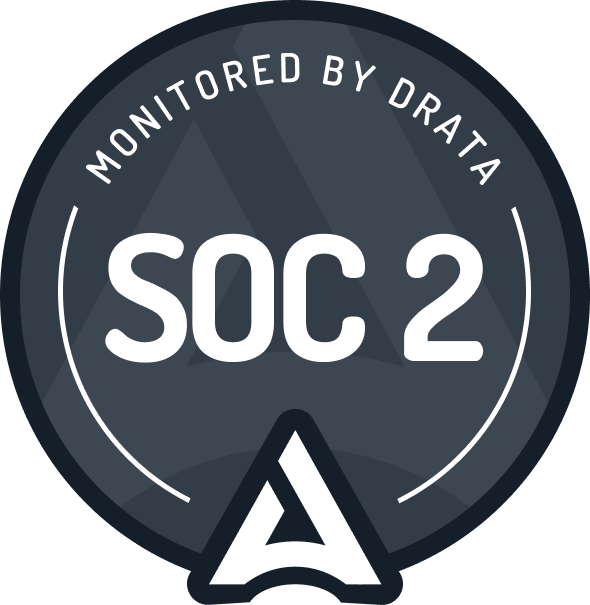Evolution of HOT Coalition
2015

Origins
Formed during a critical period in sustainability, the Hotel Owners for Tomorrow Coalition had its origins around the signing of the Paris Agreement and launch of the UN SDGs. With responsible business at the top of the agenda, many hotel companies were setting targets and planning for decarbonization to align with the Paris Agreement. Simultaneously, the hotel industry in Asia was experiencing significant growth, creating a unique set of challenges and opportunities.
Challenges Identified
In assessing pathways toward decarbonization, many hotel companies recognized the need to address the topic with hotel owners in Asia. Amid the regional growth, many owners had a different profile compared to their global counterparts, being more privately held and less likely to be subjected to regulatory or investor pressures. Consequently, many first-time hotel owners in Asia were faced challenges in optimizing efficiency, complicating efforts for hotel companies to meet their decarbonization goals as their portfolios expanded in the region. Many owners valued prestige and investment in public-facing amenities and design, but were not prioritizing efficient design and equipment back then.
For hotel companies to meet ambitious goals, they needed to address this segment to help ensure that hotel development in Asia would align with decarbonization pathways.
Formation of a Working Group
The initiative originated from separate discussions with major hotel groups, including Marriott, Wyndham, and Radisson Hotel Group, seeking to find some type of action and solution to the challenge. In December 2015, the idea of launching a hotel owner initiative was formulated, and from there a working group was formed. The purpose of this working group was to better understand the unique complexities within Asia, and identify feasible ways to support hotel owners in Asia in developing more sustainable hotels.
On this page:
2016
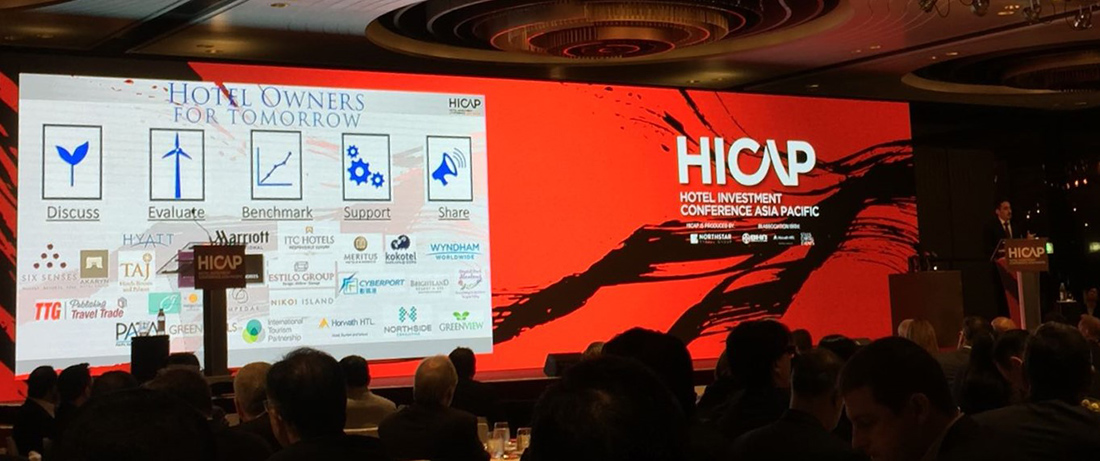
Working Group Findings
Through discussions with hotel owners and investigations in the hotel industry, it became apparent that several systemic issues were inhibiting the uptake of sustainability among hotel ownership, investment, and development in Asia.
- A lack of conversations to get hotel owners involved and aligned with sustainability programs set out by the operating hotel company.
- A misconception that sustainability is an all-or-nothing initiative.
- A perceived high cost of being sustainable deterred hotel owners from starting initiatives.
- No tangible “step 1” of starting a sustainability journey was readily or freely available to hotel owners.
- The disconnect between hotel operator’s development teams that engaged hotel owners on potential deals from sustainability teams that were responsible for developing ESG programs.
- The hesitation among hotel development teams to push owners toward sustainability out of fear of losing the deal, as well as the same misconceptions as owners.
These findings pointed towards the need to start the ball rolling and put sustainability on the radars of hotel owners, in a no-cost commitment that would stimulate further dialogue and action as a first step.
Launching the Coalition
In assessing pathways toward decarbonization, many hotel companies recognized the need to address the topic with hotel owners in Asia. Amid the regional growth, many owners had a different profile compared to their global counterparts, being more privately held and less likely to be subjected to regulatory or investor pressures. Consequently, many first-time hotel owners in Asia were developing inefficient hotels, complicating efforts for hotel companies to meet their decarbonization goals as their portfolios expanded in the region. Many owners valued prestige and investment in public-facing amenities and design, but were not prioritizing efficient design and equipment back then.
For hotel companies to meet ambitious goals, they needed to address this segment to help ensure that hotel development in Asia would align with decarbonization pathways.
To align both hotel owners and hotel companies, the HOT Coalition was centered on building awareness and momentum through commitment, best practice sharing, and closed-door roundtables.
2017 – 2019
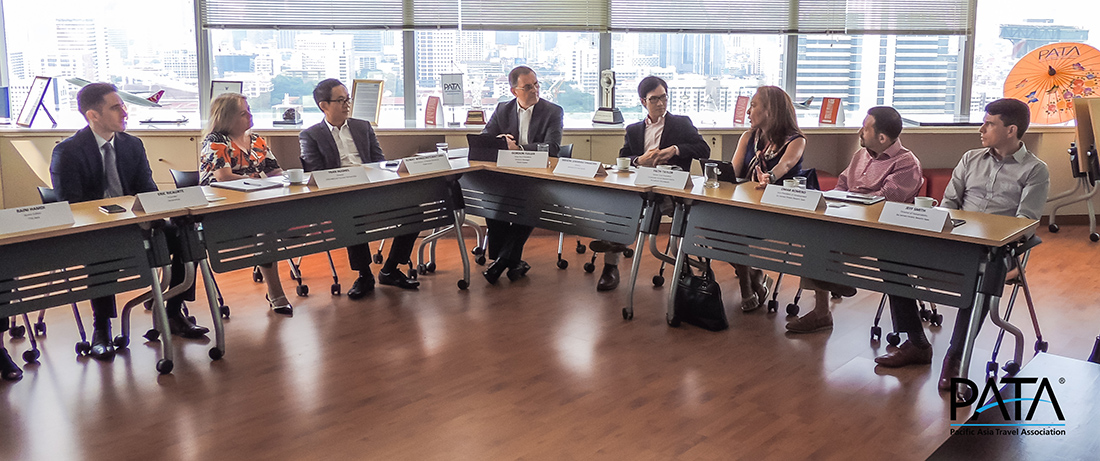
Closed-Door Roundtables
The coalition conducted multiple roundtables annually to bring together individuals from across the spectrum of owners, investors, brands, and asset managers to focus on sustainability issues.
Each roundtable centered around thematic discussions, each led by a facilitator who introduced key concepts and their viewpoints, followed by moderated group discussions aimed at creating actionable guidance. Participants were advised to refrain from “preaching to the crowd” through self-promotion. With the closed-door setting, participants were encouraged to be candid with their perspectives to ensure an open and honest discussion.
Roundtable Outcomes
The “Boracay Clause”: The “Boracay Clause” emerged from the 2018 Manila Roundtable as a way to form the basic and common language for communicating commitments to sustainability within management agreements. It sought to build awareness among the legal community by enabling communications about sustainability during contract negotiations. It was coined as the “Boracay Clause” to relate to the risks of neglecting environmental issues.
Use cases of the efficiency gap: The 2018 Phuket Roundtable introduced the case of measuring efficiency gaps using benchmarks. The monetary returns and cost savings of sustainability projects can be difficult to illustrate, but participants were able to share the innovative ways they use data from the Cornell Hotel Sustainability Benchmarking Index to calculate the cost savings from reduced energy and water usage.
Funding mechanisms: The 2018 Phuket Roundtable marked a significant milestone where leading hotel companies, including Banyan Tree, Six Senses, and Soneva, shared their pioneering strategies for integrating sustainability into operating budgets. The best practices shared include provisions within guest levies and hotel management agreements that allocate a portion of revenue to environmental and social initiatives benefiting local communities, while also offering guests the opportunity to offset
their carbon footprint.
New communities: Participants from the 2018 Manila Roundtable started a HOT Coalition Philippines group chat to enable informal and quick sharing of best practices, reviews about solution providers, and updates on sustainability in the local and global hospitality scene. In times of crisis such as the COVID pandemic and Typhoon Odette, this communication channel even served as a platform for emergency response and procurement of essential supplies.
2020 – 2021
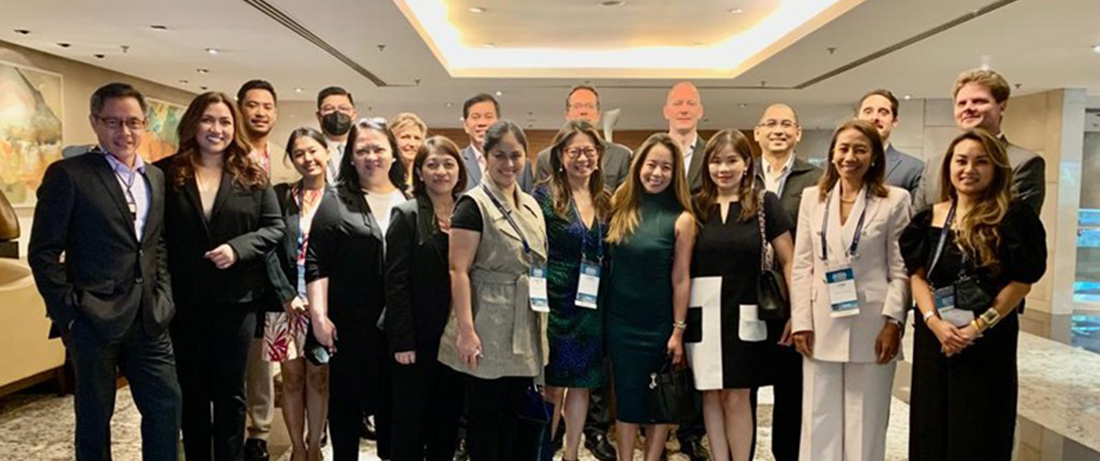
The Covid Impact
The onset of the COVID-19 pandemic was a pivotal moment for the HOT Coalition. Regular coalition activities and roundtables were put on pause due to the suspension of global travel. Yet, with hotels being hit hard during this period, it spurred considerable thought and planning on sustainability that sprung environmental, social, and governance (ESG) issues into the spotlight as a top priority of the hotel industry.
2022
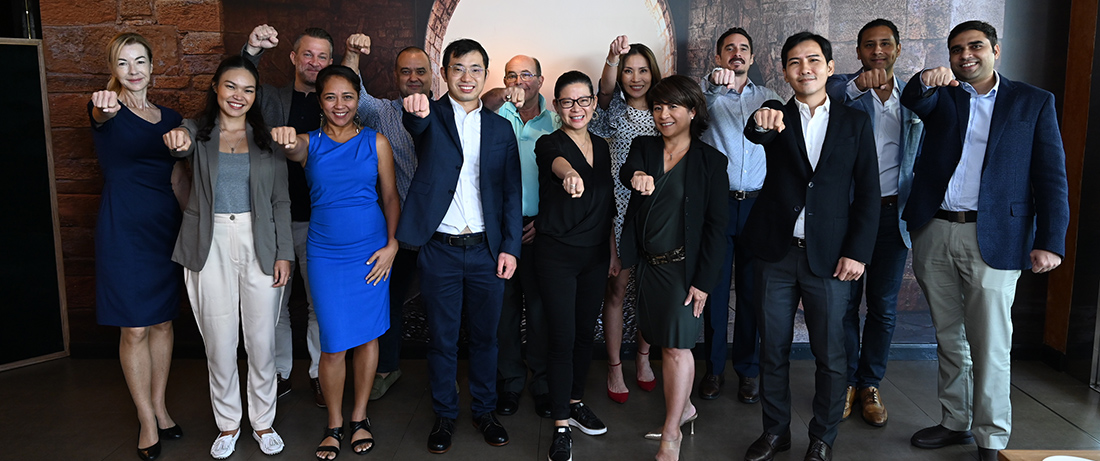
Resurgence
The HOT Coalition re-emerged in April 2022, starting with the Manila 2022 Roundtable held in conjunction with the WTTC Global Summit, where the Hotel Sustainability Basics were launched as a set of 12 basic actions that any hotel could take to start in its sustainability journey, with the support of dozens of hotel chains large and small globally. Heightened by the COVID-19 pandemic, more hotel owners and companies have a vested interest in advancing the sustainability of the hospitality industry.
The nature of the roundtables had shifted considerably from identifying ways to convince hotel owners about the business case of being more sustainable, to exploring strategies and actionable steps that participants can apply at their organizations to further advance the cause.
2023
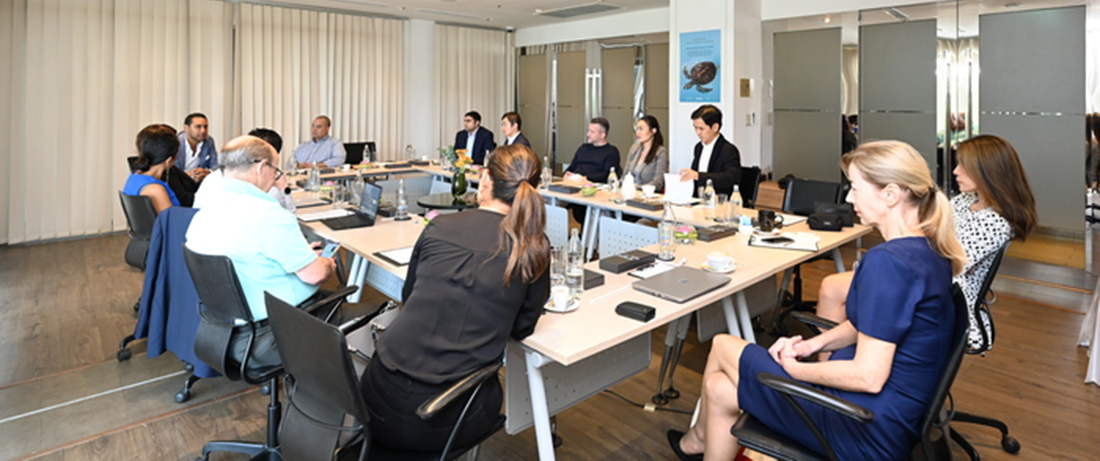
Sunsetting the Coalition
At the end of 2023, the HOT Coalition officially wound down after 8 years of robust discussions and engagements with hotel owners. Since its inception in 2015 exactly 8 years ago, the HOT Coalition has made strides in the pursuit of getting the hotel ownership, investment, and development community in Asia involved in the sustainability discussion.
While much work remains to be done in our industry, the coalition winded down because the initial goals of the HOT Coalition to bring awareness and convene discussions around the topic for hotel owners have largely been set in motion.




